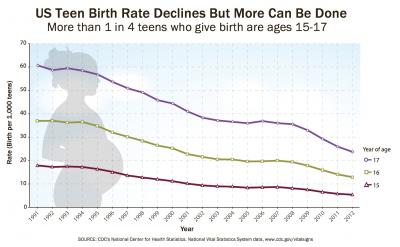Natural Immune System Health
 My name is Paul Boland BVSc MRCVS. I am a Partner and one of many Veterinary Surgeons at Alder Veterinary Hospital ().
My name is Paul Boland BVSc MRCVS. I am a Partner and one of many Veterinary Surgeons at Alder Veterinary Hospital ().
EWG researchers say Emerald Coast Water Utility in Pensacola had 21 chemicals that exceeded well being ranges versus the nationwide average of four. EWG says forty five pollution had been found versus the national average of eight. Why They’re Healthy: Just like microgreens, salad greens (which embrace iceberg, spinach, romaine, pink leaf, and arugula) are chock filled with vitamins A, C, and K, and likewise contain folate and iron. I would recommend if you’re fascinated by homeopathy to do a little analysis concerning your specific ailment and check out some of the research Dr. Riley has accomplished. I would conclude that homeopathy can be a healing therapy in some cases.
Proprietary often means we don’t need you to know as a result of there is not enough product … Read more
 After the definition of Personality, we turn ourselves again to the DETERMINANTS OF PERSONALITY or PERSONALITY DETERMINANTS or FACTORS OF PERSONALITY (no matter you might call it) and research some other fundamental concepts of character on our method down.
After the definition of Personality, we turn ourselves again to the DETERMINANTS OF PERSONALITY or PERSONALITY DETERMINANTS or FACTORS OF PERSONALITY (no matter you might call it) and research some other fundamental concepts of character on our method down.
 Emotional help for on a regular basis situations. Created by award-profitable New Zealand researcher Franchelle Ofsoské-Wyber.
Emotional help for on a regular basis situations. Created by award-profitable New Zealand researcher Franchelle Ofsoské-Wyber. I am now going to interact within the fashionable recreation of establishing a list — in this case, of the most important selections for staying sound in body and thoughts for years to come.
I am now going to interact within the fashionable recreation of establishing a list — in this case, of the most important selections for staying sound in body and thoughts for years to come.
 Newborn babies are unable to cry because they can not shed tears till they’re about three months previous. That would not stop them from screaming loudly though!
Newborn babies are unable to cry because they can not shed tears till they’re about three months previous. That would not stop them from screaming loudly though!